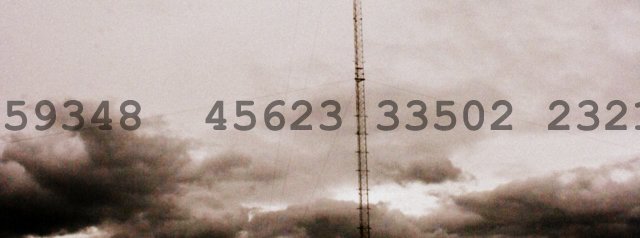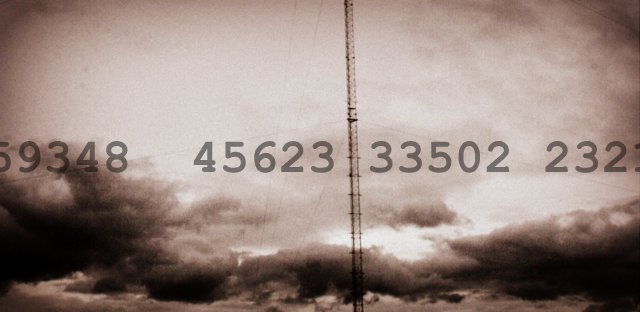 Many thanks to SWLing Post contributor, Mark Fahey (our resident North Korea specialist) who shares the following comment regarding our recent post about the re-activation of the North Korean Numbers station:
Many thanks to SWLing Post contributor, Mark Fahey (our resident North Korea specialist) who shares the following comment regarding our recent post about the re-activation of the North Korean Numbers station:
The Pyongyang numbers (designated V15) have either become less regular or changed their schedule since March. Its been a few months since I have personally received them – but I also haven’t been specifically tuning in for them lately so maybe I have simply missed noticing a timing change.
If you want to find the North Korean numbers, they are read out in a block between songs within the regular programing of the Pyongyang Pangsong radio station.
The choice of music immediately before the number block seems to indicate which recipient agent the transmission is directed to.
For Agent 27 “We Will Go Together with a Song Of Joy” is played, whereas Agent 21’s song is “Spring of my Hometown.”
The announcements typically take between 5 to 10 minutes to read dependent on the number of digits passed. The transmission schedule is variable; in early 2017 the broadcast alternated with a cycle of one week on Thursday night at 12:45AM Pyongyang Time (1615 UTC) and the following week on Saturday night at 11:45PM Pyongyang Time (1515 UTC).??
Pyongyang Pangsong can be heard on these shortwave band frequencies (it is also on MF & FM on the Korean peninsular):
- 3250 kHz, Pyongyang 100KW Transmitter
- 3320 kHz, Pyongyang 50KW Transmitter
- 6400 kHz, Kanggye 50KW Transmitter
Mark followed up this morning with a off-air recording of V15 on 3250kHz. Mark comments, “I will leave the decrypted message content to your imagination!”
Mark: thank you for taking the time to write up this V15 tutorial and sharing this recording!

